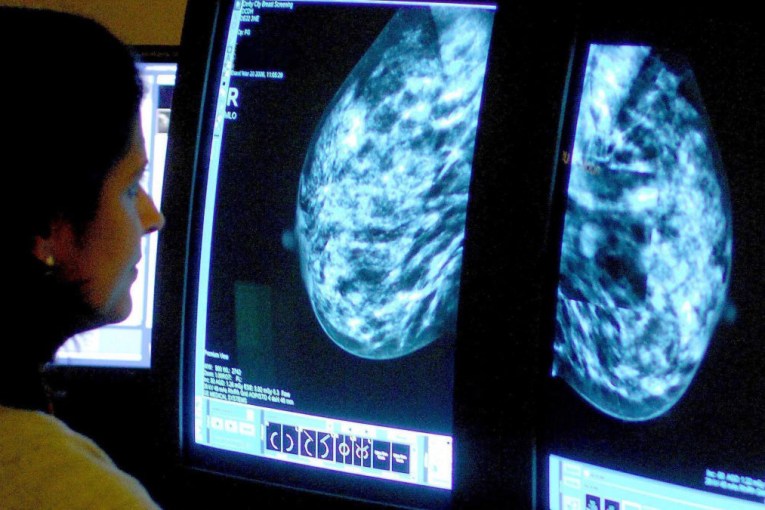Victorians warned of worse to come as WHO says virus eradication ‘unlikely’

The world is “unlikely” to eradicate the coronavirus any time soon as daily infections hit a new global record on the worst day since the pandemic began, the World Health Organisation (WHO) has warned.
As Victoria also battled its worst day of the COVID-19 crisis, the WHO said even countries that had achieved zero new cases were suffering re-importation from outside.
The world experienced an increase of 228,102 cases in 24 hours, the largest in United States, Brazil, India and South Africa.
“In our current situation, it is unlikely that we can eradicate or eliminate this virus,” said WHO executive director of Health Emergencies Dr Mike Ryan.
It comes as Victorians have been warned to brace for even worse figures in coming days after on Friday recording “pretty ugly” numbers – with 288 new infections.
Friday’s daily case increase in Victoria was the highest Australia has seen since the pandemic began, even topping NSW’s daily records at the height of the Ruby Princess outbreak.
Victoria’s chief health officer Professor Brett Sutton said it could be up to two weeks before the current lockdown measures were reflected in infection numbers.
“We will see an increase in hospitalised and ICU cases and in deaths in the coming days because of the spike that we have seen,” Prof Sutton said.
Prof Sutton said studies made public in the past couple of weeks had shown that masks can reduce transmission of the virus by about 60 per cent.
Victoria’s worsening outbreak has put other states on notice about the risk of a second wave, with NSW recording 14 new cases on Friday, including two linked to a Sydney pub and one of which was a Melbourne caravanner in his 20s.
Tasmania has delayed its July 24 border reopening by at least one week and Western Australia has paused further easing of restrictions.
Meanwhile there are fears in Queensland that an influx of thousands of interstate travellers during Friday’s border opening could spark fresh outbreaks in the COVID-free state.
Zero cases to lockdown in a month
Virus ‘unlikely’ to be eliminated: WHO
WHO executive director of Health Emergencies, Dr Mike Ryan has warned the coronavirus is difficult to contain and unlikely to be eliminated “in our current situation”.
“There are very particular environments in which that can occur — island states and other places — but even they risk re-importation,” Dr Ryan said during a briefing in Geneva.
“We’ve seen countries who’ve managed to get to zero or almost zero re-import virus from outside.
“So there’s always a risk — either from within or from bringing disease back in — and therefore, it is a given that there is always a risk of further cases.”
His warning came as a WHO team left for China to organise an investigation into the origins of the novel coronavirus, believed to have emerged in a wholesale market in Wuhan.
The two WHO experts, specialists in animal health and epidemiology, will work with Chinese scientists to determine the scope and itinerary of the investigation, WHO spokeswoman Margaret Harris said, declining to name them.
Australia’s first drug treatment approved
The widely discussed drug remdesivir has been given provisional approval for use in Australia for the treatment of the coronavirus.
The medication has been found to improve the recovery time of the most seriously ill COVID-19 patients.
Remdesivir has been provisionally approved for use in adults and adolescent patients with severe COVID-19 symptoms who have been hospitalised.
The drug by US company Gilead Sciences is the most promising treatment so far to reduce hospitalisation time for those suffering from severe coronavirus infections, the TGA said in a statement on Friday.
The TGA says remdesivir will be available only to patients who are severely unwell, require oxygen or high level support to breathe, and are in hospital care.
However, the drug does not prevent coronavirus infection or relieve milder cases.
Australia is one of the first countries to approve the use of the drug after the European Union, Japan, and Singapore.
China warns of disease ‘worse than COVID-19’
Chinese embassy officials have warned of an outbreak of an “unknown pneumonia” in Kazakhstan, potentially deadlier than the coronavirus.
However the World Health Organisation says the unexplained pneumonia outbreak is likely due to COVID-19.
WHO’s Dr Mike Ryan said Kazakh authorities have reported more than 10,000 lab-confirmed COVID-19 cases in the last week and just under 50,000 cases and 264 deaths as of Tuesday.
“We’re looking at the actual testing and the quality of testing to make sure that there haven’t been false negative tests for some of those other pneumonias that are provisionally tested negative,” Dr Ryan said.
He added that many pneumonia cases were likely to be COVID-19 and “just have not been diagnosed correctly”.
Dr Ryan said the WHO was working with local authorities to review X-rays and look at the pattern of pneumonia cases to see if they were consistent with COVID-19.
“While we believe that many of these cases will be diagnosed as COVID-19, we keep an open mind,” says Dr Ryan, noting a WHO team was already in Kazakhstan.
-with AAP








